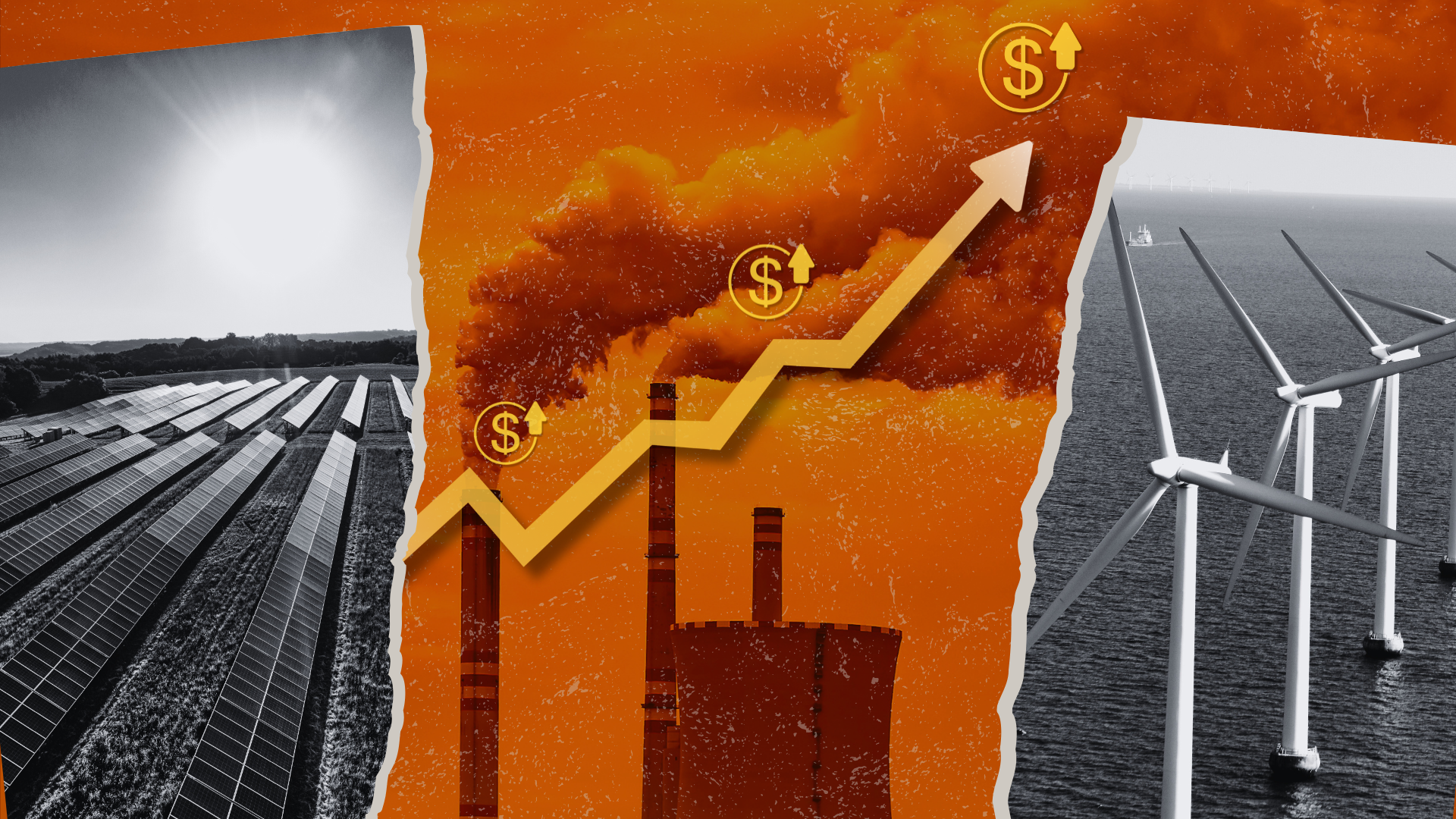A Carbon Cap Would Promote International Participation
 Nat Keohane and I have been participating in the “Carbon Tax vs. Cap-and-Trade” debate over on Bulletin of the Atomic Scientists. From Round 3, which addresses the international aspects:
Nat Keohane and I have been participating in the “Carbon Tax vs. Cap-and-Trade” debate over on Bulletin of the Atomic Scientists. From Round 3, which addresses the international aspects:
A cap-and-trade system allows for the creation of a global carbon market. Such a market would provide the mechanisms and flexibility necessary to achieve the environmental goals at the lowest cost and the incentives for other countries to join. A tax does neither, while requiring much more harmonization across countries.
This post is by Gernot Wagner, Ph.D., an economist in the Climate and Air program at Environmental Defense Fund.













3 Comments
I support the idea of trading emissions permits as a way to increase efficiency of control efforts, but why “Cap and trade”? Why not “Distribute and trade”. Emissions permits could be given out to individuals who could then sell them on a market.
Many proposals give companies permits based on their current amount of pollution. This rewards companies that pollute more when the system starts. With current technology could we not (at least in the developed world) distribute permits to individuals? If giving permits to individuals would be too cumbersome, the states could be awarded the permits, based on population.
Green jobs?????
The entire green movement is nothing but a feel-good idea for people who have no understanding of the real world.
Global warming does not exist, as 90% of the evidence shows.
And, even if it does exist, all that it will cause is that Canada will gain, while Mexico loses. So, who cares?
Car pollution is about as significant to the planet, as a child peeing into the ocean.
You people NEED to understand that one, overriding, fact.
Sorry, Gernot.
You really need to open your eyes to the flavor of this discussion.
It’s NOT about who will win, but how we can best achieve the goals we all believe in.
In reading this little commentary we see that the entire government-sponsored C&T regime actually is implemented exclusively between private companies who ostensibly have a common purpose with we enviros.
Clearly, this is not the case.
Just about all of the US utility industry, who provide the foundation for climate balancing policies, are cost-of-service based monopolies.
As such, there is little incentive given to attenuate against a pass-through of any aspect of the cost that is recoverable from ratepayers.
Given that it is NOT the utility that would face the charge, but rather its upstream fuel-supply vendor, there is a huge disconnect between the existence of the C&T charge and the actions of either the utility or its consumers.
Neither that consumer nor that utility has any legal and regulatory connection with the international financial markets that will control the price of carbon-offsets or pollution credits.
While this is true to a lesser extent with the carbon tax, the regime can be structured so as to have a legal claim against a utility through the carbon tax legislation.
In case you and Nat haven’t noticed, the market that you propose to throw this solution to is in the process of imploding, with one result being an incredible lack of trust in those same financial markets, not only by the consumers who resent having to pay charges for which we have had no agreement, but also between the players in those markets themselves.
The people buying and selling carbon offsets or whatever you want to call them are the same people buying and selling derivatives and futures and parking them in unregulated hedge funds.
Cap and Trade is a policy whose time has passed along with financial market confidence.